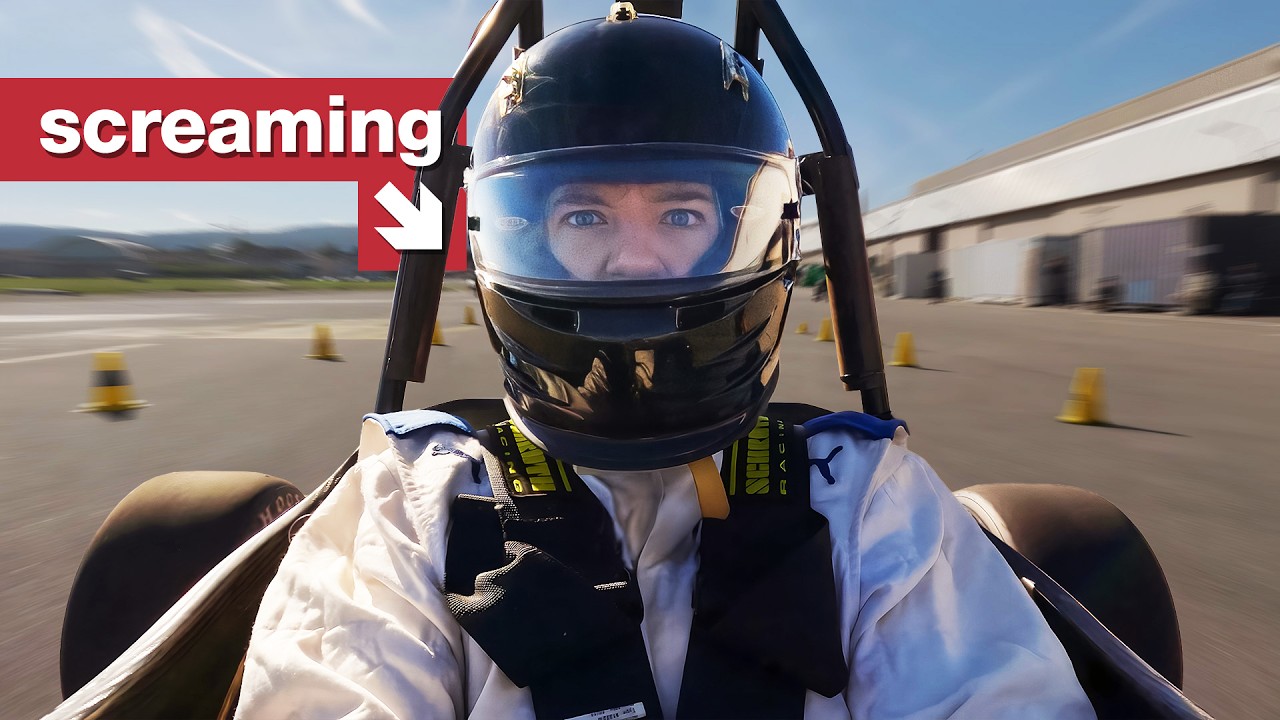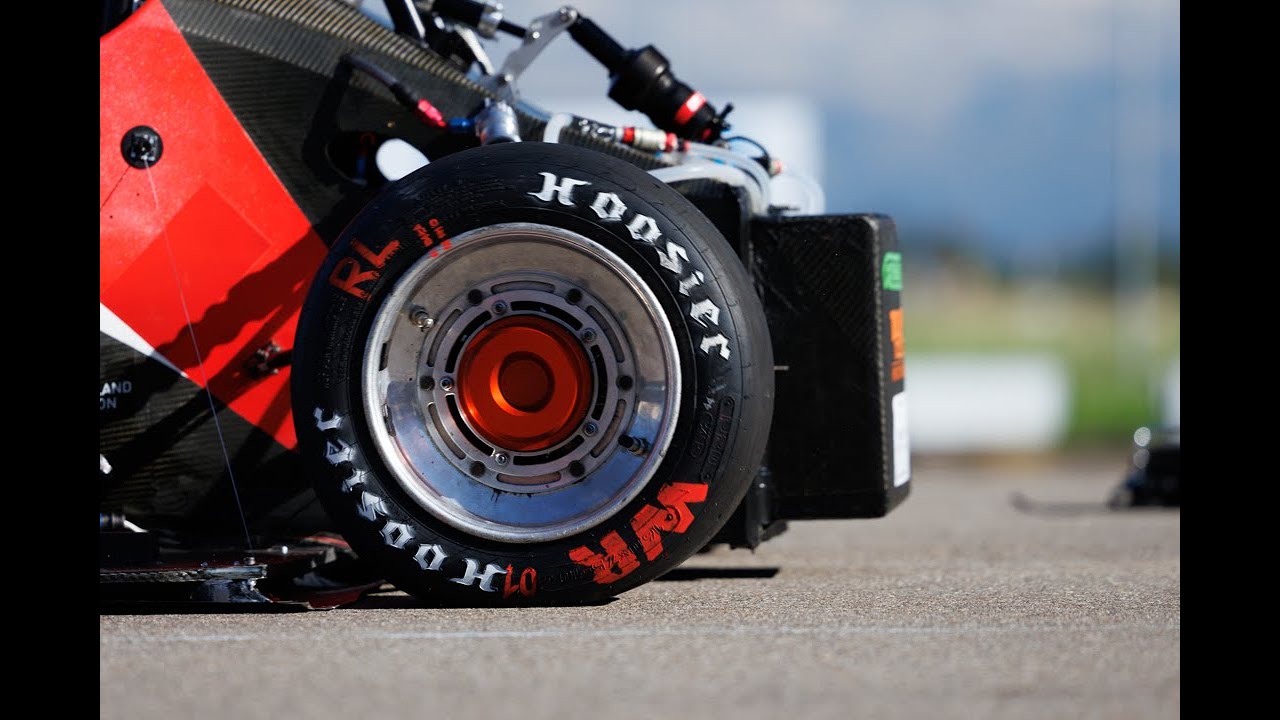Torque is the rotational analogue of linear force: it is the “turning power” of a source of rotation such as a motor or engine. Internal combustion engines have a “torque curve” or “power band” that depends upon turning speed, with maximum power delivered only within a range of rotation rate that depends upon the design of the engine. Some forms of electric motors, however, have essentially constant torque from zero rotational speed through the maximum, with power increasing perfectly linearly across that range.
The limited power band of internal combustion engines is why they must usually be fitted with transmissions that allow the engine to operate within its maximum power band over various speeds of the load, for example, the driving wheels of a vehicle. The electric motor often needs no transmission, since its torque is constant. And since the electric motor’s torque is at its maximum even at zero speed, this means that it can provide superb acceleration off the line.
How far can this be pushed? AMZ Racing of Zürich, Switzerland, decided to find out. An affiliate of ETH Zürich (the Swiss Federal Institute of Technology, Einstein’s alma mater), has been competing in Formula Student since 2006 and is particularly interested in electric and autonomous racing cars.
On 2023-09-01, their “mythen” car set a new world record for 0-100 km/h acceleration of 0.956 seconds, becoming the first to break the one second mark. This has been duly certified by Guinness. Here is the record run.
The entire acceleration was achieved within a distance of 12.3 metres. There’s a lot more to achieving such acceleration than a beefy motor and battery. An active downforce system increases the tires’ grip on the road, and the structure (and driver!) must be very lightweight.

